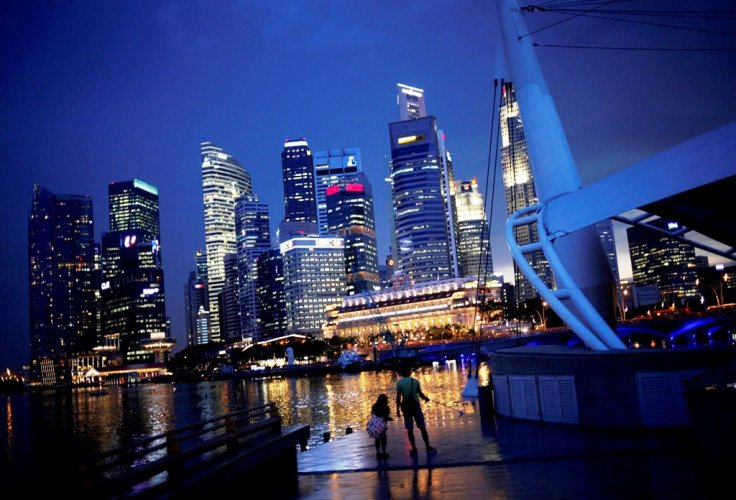Singapore: Landlords Refuse to Rent to Chinese and Indians over Cultural Differences

Several landlords in Singapore refuse to rent homes to mainland Chinese and Indians and the so-called rental discrimination has reportedly become a rising menace in the small but wealthy city-state.
The issue appears more common with less expensive properties and on property rental sites where content is posted directly by users, the Online Citizen reported.
Singapore is an ethnically diverse nation, comprising of 74% Chinese, 13% Malay, 9% Indian and 3% from other groups, according to official data.
Nine out of 10 Singaporean households own their homes, according to government data. As such, a sizeable chunk of renters are foreigners.
The president of the Universal Society of Hinduism (USH), Rajan Zed, has called on Singapore's President Tony Tan and Prime Minister Lee Hsien Loong to put an end to the prejudice.
Cultural Differences
Charlene, an estate agent, said it was common for landlords to not rent houses to tenants from China or India because such tenants "are not people who are house proud", reported IANS.
An Indian expatriate said his agent told him that many landlords would refuse to rent flats to him because "Indians always cook smelly curries", the BBC reported.
"Many don't clean weekly, and they do heavy cooking, so dust and oil collect over the months. They may use a lot of spices that release smells people don't like," Charlene told the news agency.
World's Most Expensive City
Singapore has become the most expensive city in the world to live in following a rise in house prices after an influx of foreign workers boosted the island's wealth and demand for homes.
According to the Economist Intelligence Unit's Worldwide Cost of Living Survey, strengthening of the Singaporean dollar also pushed the country to pole position as the expansion of the republic's financial industry contributed to the country's wealth.
Singapore, whose per capita GDP exceeds that of the US and Germany, surged in the survey by rising by five positions, beating Paris, Oslo, Zurich, Sydney, and Tokyo.
© Copyright IBTimes 2025. All rights reserved.






















